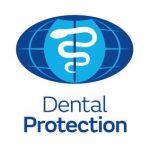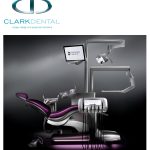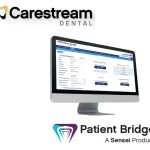Dental Protection has introduced a new product, Company Protection, which allows incorporated companies to request assistance in the event they are alleged to be vicariously liable for the acts or omissions of a clinician working for the corporate and/or where the corporate is found to owe a non-delegable duty of care for the patients treated on its premises.
This product sits separately and in addition to any individual practice principal membership with Dental Protection. In 2021, the defence organisation confirmed that it had extended the member benefits for practice principals with three or fewer un-incorporated practices to include additional protection against vicarious liability and/or non-delegable duty of care claims relating to treatment provided by dental practitioners and dental care professionals. Individual membership does not however extend to include assistance for an incorporated business, which requires its own protection.
Any incorporated dental company with employees and a gross annual turnover of less than £1.7m can apply for Company Protection. Subscriptions are based on the individual circumstances of the company; for example, the number of dentists and dental care professionals working within the company, the number of Dental Protection members, and the period of retroactive protection required.
Company Protection benefits include redirection and defence of vicarious liability and non-delegable duty of care claims. If these claims cannot be redirected or defended, Company Protection also will pay compensatory damages. Company Protection includes a claims indemnity limit of £1m for each claim and in the aggregate, and up to 10 years retroactive protection. The product also includes access to expert dentolegal and media advice and support.
Yvonne Shaw, Deputy Dental Director at Dental Protection, said: “With recent legal challenges relating to claims arising from alleged vicarious liability and non-delegable duty of care, dental companies may now find themselves at greater risk of being the subject of a claim relating to the actions of employees or contractors. Many practice owners may not have considered that an incorporated practice is at risk of being the subject of a claim in its own right.
“Our new product Company Protection is a membership for the entity itself that allows directors/corporate officers to request assistance should a legal challenge be brought against the company/entity. This will offer some peace of mind for incorporated companies, providing the unrivalled defence, advice and support you can rely on from Dental Protection.”
Practices that are non-incorporated should visit Dental Protection’s Vicarious Liability hub for guidance on separate support with claims relating to vicarious liability or non-delegable duty of care. Those with a mixture of incorporated and non-incorporated practices, can view our FAQs. For companies with turnover >£1.7M please see: Healthcare Protection
For further information, or to join, visit: Company Protection (dentalprotection.org)

















